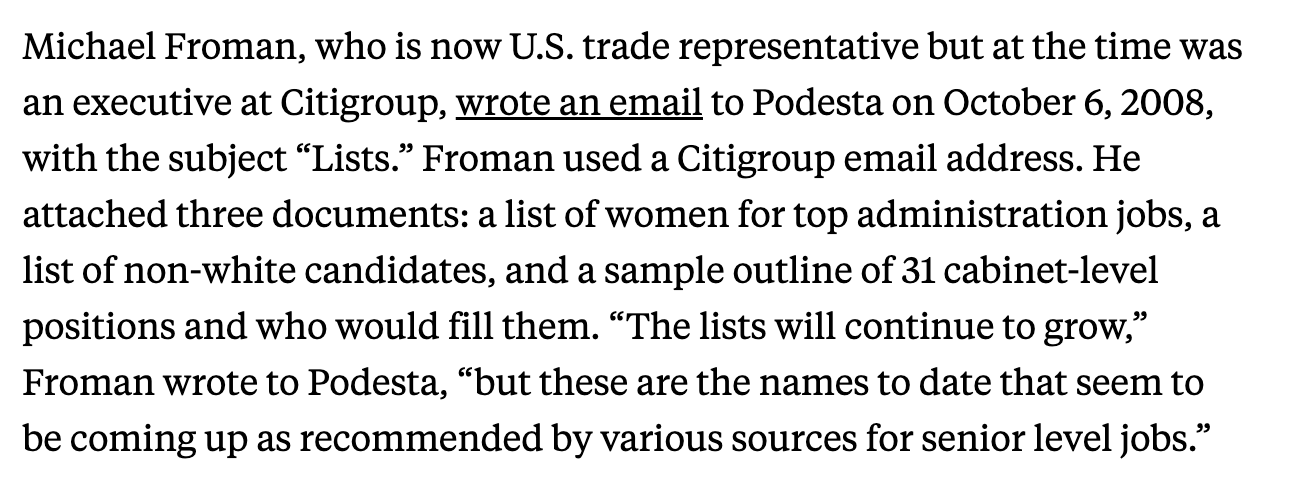I always enjoy kicking off a post by invoking Marc Andreessen, one of my favorite VCs to read and watch.
He and his cofounder of Andreessen Horowitz, Ben Horowitz, published a podcast episode announcing their support of Donald Trump.
They weren’t the only ones — you had a rush of Silicon Valley (SV) venture capitalists (VCs), entrepreneurs, and luminaries come out supporting former President Trump in his bid for re-election.
The icing on the cake for these out-of-the-closet conservatives is Trump selecting SV boy wonder J.D. Vance as his Vice President.
How about that? Seems like conservatism has triumphed over the liberal oasis permeates San Francisco and the Bay Area.
These born-again conservatives are signaling their victory loud and proud:
Of course, what would SV be without countersignaling in response?
Amid the endless signaling contest between these two poles of tech politics, there lies a deafening silence.
Thiel. Peter Thiel.
He is nowhere to be found among the celebrations or dismay over Vance’s ascendancy to the potential Vice Presidency.
Thiel is on a “break” from “democracy.” As The Atlantic reports in its watershed interview with prolific tech investor titled, “Peter Thiel Is Taking a Break From Democracy,” the legendary VC laments in disappointment over the state of affairs in America.
It’s hilarious how it’s just “now” become cool to be a conservative in Silicon Valley when Thiel did this over eight years ago when he was a keynote speaker at the 2016 Republican National Convention.
No podcast announcement necessary.
Now, everyone else is following in his footsteps.
Thiel is quite the trendsetter. (I loathe using the word “contrarian” when discussing anything VC, but Thiel is truly the only one who deserves that moniker regarding tech investing and politics.)
Why is Thiel silent while everyone else is going crazy over Vance?
It’s because he’s already been down this road, and his labors bore no fruit. He wasn’t happy with the Trump presidency come 2020 and now sits on the sidelines today.
He declined to back Trump for the 2024 election. Despite Trump nominating his protege to the 2nd highest office in the land, I haven’t heard or seen anything in the news suggesting Thiel rejoicing.
Instead, he’s more or less checked out from “democracy.”
How should we rate the selection of J.D. Vance?
Who benefits more: Silicon Valley or Trump?
I’m going with Trump. Let’s compare his choice of VP in 2016 — Mike Pence, former Governor of Indiana. He was a doctrinaire Republican, well-respected within the GOP. Trump and Pence clearly never took to one another. Still, joining forces was an obvious compromise between Trump, the “outsider” leading the insurgent MAGA movement, and Pence, representing the stalwart GOP establishment.
Now, look at Vance. He has less than five years as a VC and less than two as a U.S. senator. He brings no political movement of his own and has little political capital outside of Silicon Valley.
At the height of Thiel’s influence within the GOP (read: Trump Administration), he got two individuals placed within Trump’s government, one as the Chief Technology Officer and the second within the National Security Council. (The latter placement is more impressive (and influential) than the former.)
Despite that, he wasn’t satisfied with the results and thus paused his contributions.
Now that I think about it, Thiel absolutely could have sealed the nomination for J.D. Vance when the two last spoke.
But it didn’t happen.
Truthfully, right-leaning SV elites will find themselves similarly disappointed in four years, as Thiel is now with democracy.
Thiel, at a recent talk at Cambridge University, didn’t even mention his “protege” by name when asked about him:
Here’s the (unfortunately low quality) relevant clip:
(Twitter embedds do not work in Substack anymore!)
Full video for context:
J.D. Vance’s rapid ascent of the political ladder to potentially becoming the Vice President of the United States does not reflect Silicon Valley’s status as a kingmaker but Trump's as the GOP’s reigning sovereign.
The GOP is MAGA. The GOP is Trump. Trump defines and is the Republican orthodoxy, not the other way around.
(Even more so, it reflects that Trumpism starts and ends with Trump. Vance cannot bear the mantle of MAGA, with its aspirations and contradictions.)
Trump is the true winner in picking J.D. Vance. In practice, the vice presidency isn’t a position where one can exert much political influence independently. It’s more visible — neat. Yet, positions within the President’s Cabinet (i.e., Secretary of State, Treasury, Defense, etc.) are traditionally less visible but more important.
If he were to win, Vance would be closer to Kamala Harris as a vice president than Biden himself when he was former President Barack Obama’s vice president. Biden brought decades of experience serving in the Senate compared to Vance. Kamala had a respectable tenure as a District Attorney of San Francisco, the Attorney General of California, and one of two U.S. Senators from California as well.
Vance has less experience in government than any of his recent predecessors.
I don’t see this as a win for Silicon Valley. This is more of a fall of grace concerning the region’s power and influence over domestic politics, given that SV had way more influence within the Obama Administration and Democratic Party from 2008 to 2016. (Andreessen and Horowitz talk about this in their podcast—hence the switch in loyalties!)
If you want an example of real power, here’s a relevant excerpt from The New Republic depicting how Wall Street leverages its position of influence in the lead-up to a new presidential administration.
From the article (relevant screenshots below):
That’s what real influence (read: power) looks like.
Soda








